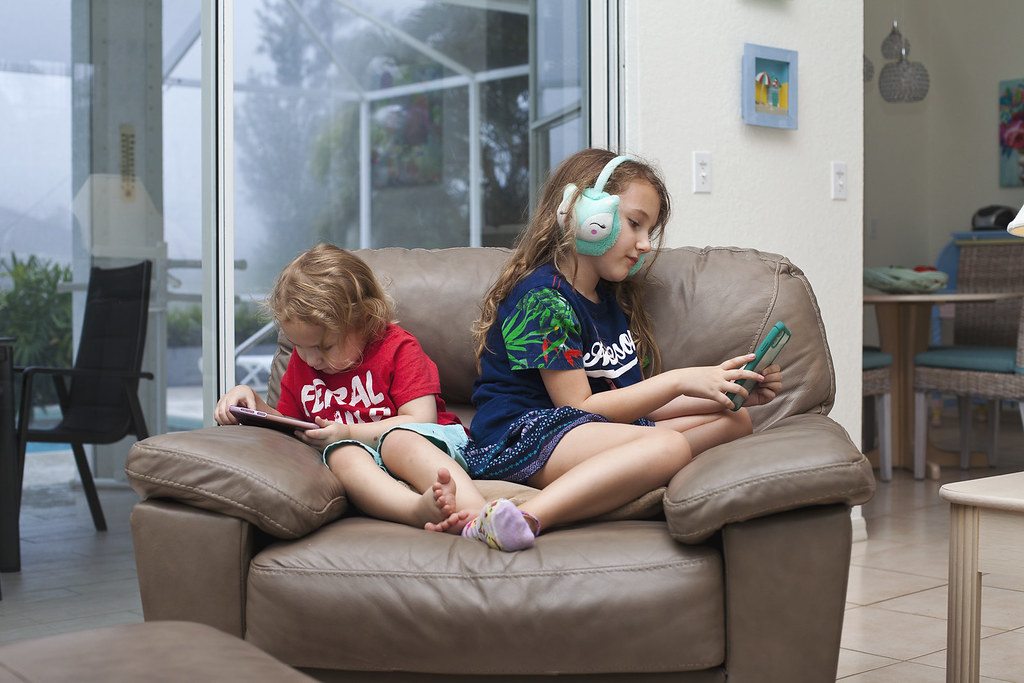Children and adolescents are spending more time on screens, including smartphones, TV, gaming consoles, and tablets. Screen time is particularly high when we include time spent on social media, which has become a cause for concern among pediatricians.
Indeed, there is documented evidence of the negative impact of high screen time on physical health. By contrast, its impact on mental health is less clear, as there are mixed reports on that subject. A solution to this conundrum involves splitting mental health into the broader categories included in psychological well-being, and examining each one to yield a clearer picture.
SCREENTIME AND PSYCHOLOGICAL WELL-BEING
Accordingly, psychological well-being can be spliced into emotional stability, self-control, positive interpersonal relationships and indicators of healthy growth. Low levels of those have been associated with increased likelihood of developing a disorder (i.e., morbidity) and higher mortality. Particularly, the presence of a mood disorder represents a high risk factor for both morbidity and mortality through suicide.
Pertinent to our main concern about screen time and psychological well-being, it was found that children and adolescents who spent more than one hour of screen time a day (i.e., moderate and high users) displayed poor emotional regulation, had difficulty completing a task, and they had a harder time making friends.
They had poor self-control and could not stay calm; in addition they were difficult to get along with and argued too much. Notably, caregivers reported that high users (7hr + of screen time or more) were more difficult to care for and had low self-control. More concerning is the fact that adolescents who spent more than 2 hours of screen time a day were more likely to have received a diagnosis of anxiety or depression.
SMARTPHONES AND ADOLESCENTS’ WELL-BEING
Intriguingly, the negative effects of screen time on well-being are more substantial among adolescents than younger children. The authors suggest that this discrepancy can be attributed to the fact that adolescents are more likely to own a smartphone. In addition, they are more likely to have social media accounts and, owing to the fact that they own a cell phone, probably spend a lot more time on them than reported.
Having a smartphone may also increase the risk of internet addiction, excessive gaming, and it may also contribute to having fewer face-to face interactions or lower their enjoyment. Finally, adolescents may spend more time on their smart phone during bed time at the expense of restful sleep, which could further compound psychological well-being.
On a positive note, there is evidence that abstaining from social media use for one week can help increase well-being.
Reference:
Twenge JM, Campbell WK. Associations between screen time and lower psychological well-being among children and adolescents: Evidence from a population-based study. Prev Med Rep. 2018 Oct 18;12:271-283. doi: 10.1016/j.pmedr.2018.10.003. PMID: 30406005; PMCID: PMC6214874.

